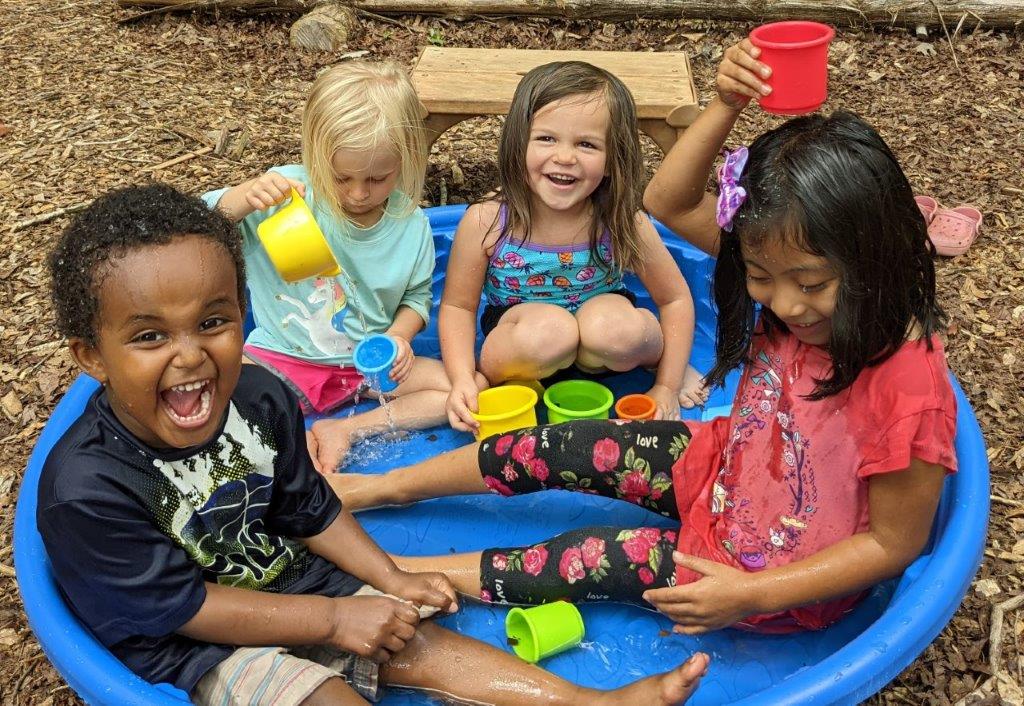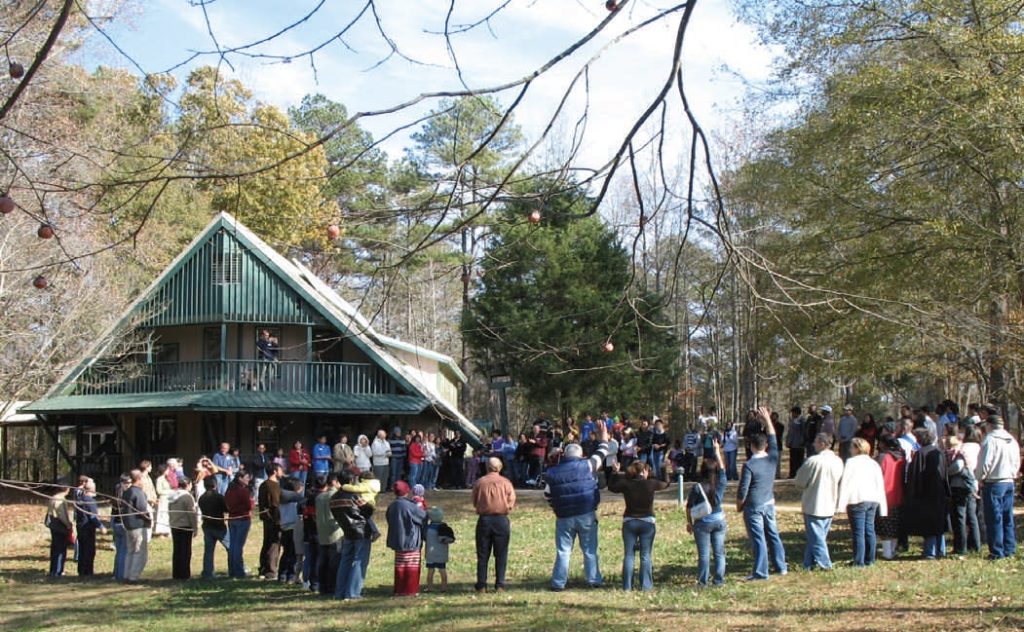
“You will treat the foreigners living among you as though they were native-born, and love them as yourself.” Leviticus 19:34
“Do not neglect to show hospitality to strangers, for by doing that some have entertained angels.” Hebrews 13:2
Hospitality
Jubilee’s hospitality program began in 1980 with the hosting of Cuban, Laotian, and Cambodian refugees. Since then, we have welcomed people of many different religions, cultures, and languages from around the world. We see our hospitality work as an opportunity to receive a gift: over the years, the families that stay with us have enriched and strengthened our community through their friendship and through powerful testimonies of courage, compassion, and faith.
The families that come to Jubilee are refugees from conflict zones around the world. Some are victims of human trafficking or other crimes. All have left their homes amidst some experience of persecution or violence. At Jubilee, these families find a safe place for recovery and healing as well as the opportunity to study English and connect with social services, legal resources, and medical care. We partner in this work with agencies, shelters, and church congregations who refer families to us or who provide continued support to people after they leave Jubilee. In our hospitality program we have housing for five families, who typically stay for periods ranging from two to twelve months.
At Jubilee we provide English instruction in small classes or one-on-one tutoring. Children may attend English and academic classes at our Jubilee School or else attend the local public schools, depending on their particular needs. We also work to connect people with appropriate legal, medical, and mental health services while they are here.
In a community like Jubilee, hospitality and service naturally flow in more than one direction. As refugees are welcomed at Jubilee, the long-term members of the community are frequently welcomed into the homes of these refugee families. The families living with us also find ways to contribute their skills, expertise, and experience to our community life. These reciprocal connections help us to build relationships that are grounded in a sense of each person’s dignity and agency.

